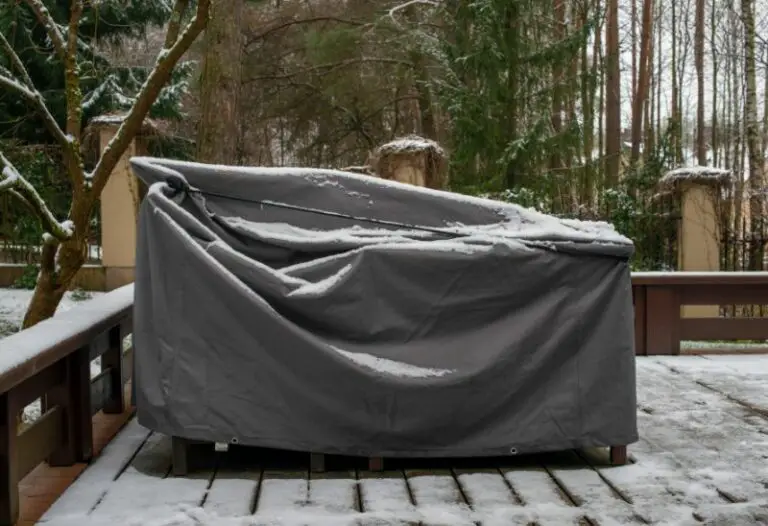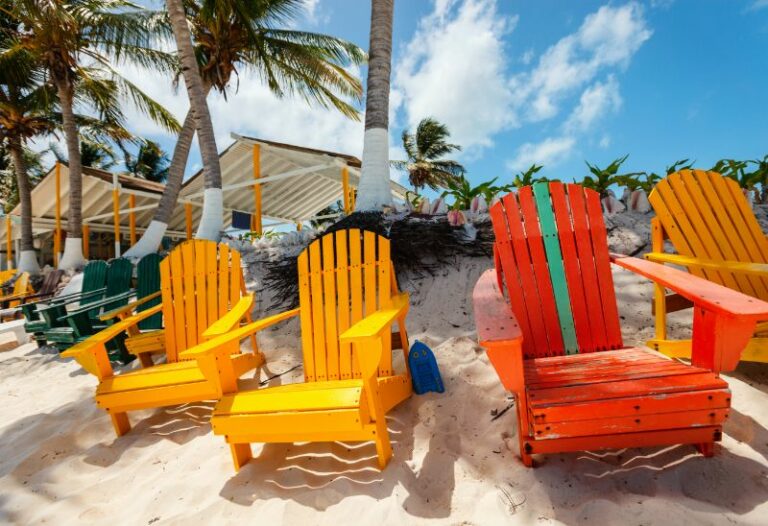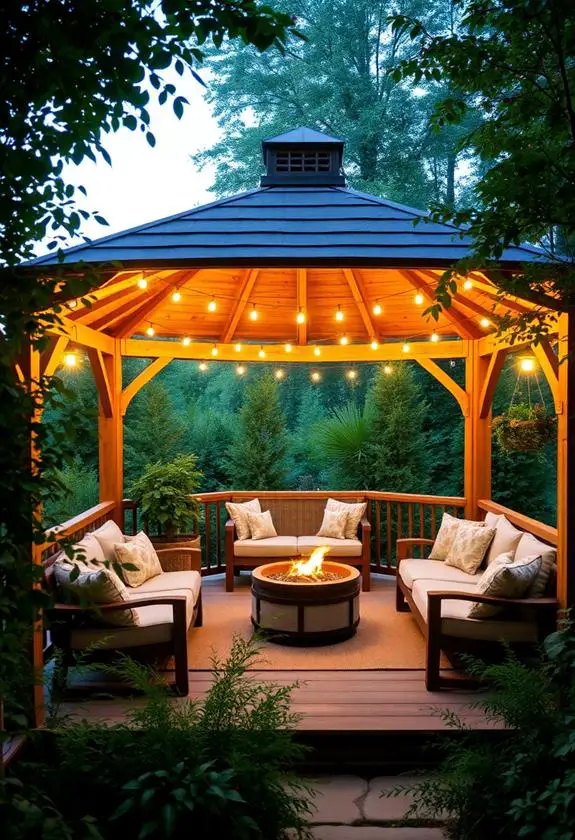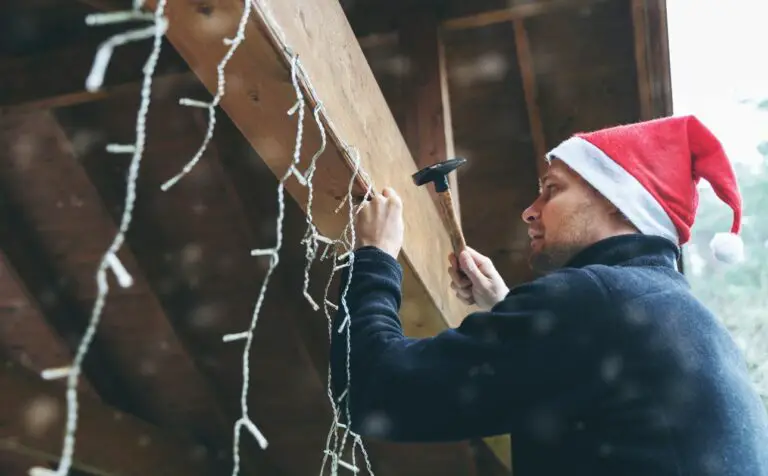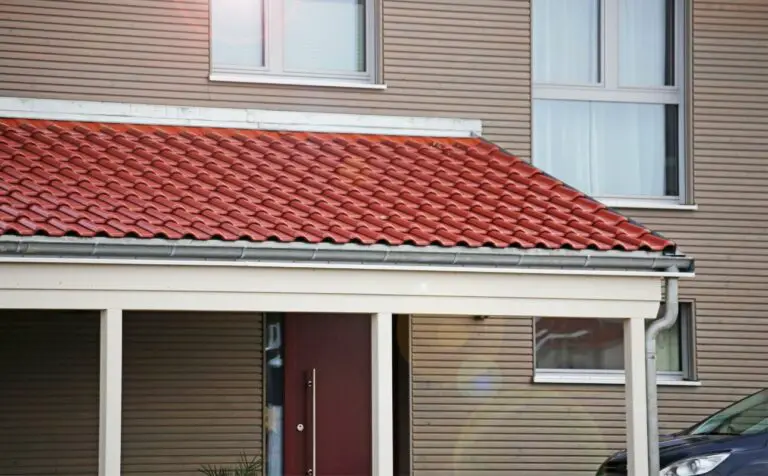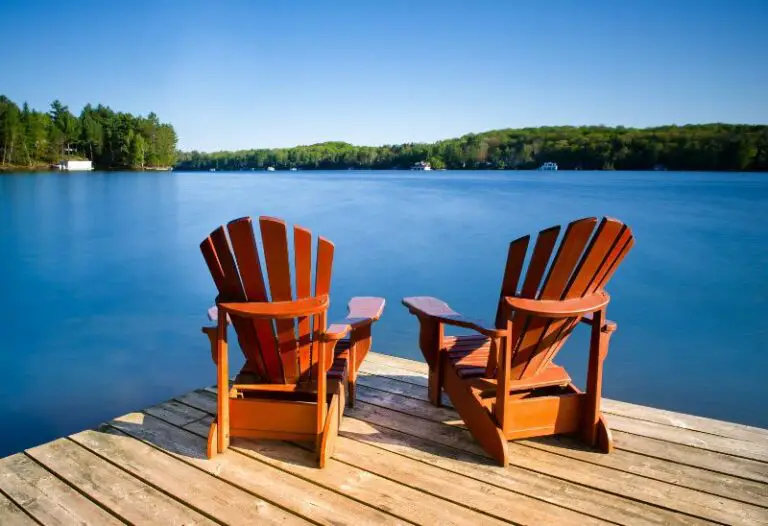Steel pergolas have become an increasingly popular choice for homeowners looking to enhance their outdoor living spaces. These structures not only provide a stylish focal point in any backyard but also offer shade and protection from the elements.
One concern that many people have with steel pergolas is whether or not they are prone to rusting over time. This article aims to explore this question by examining the properties of steel as well as the various factors that can contribute to its corrosion.
By doing so, we hope to provide readers with a better understanding of what causes steel pergolas to rust and how they can prevent it from happening.
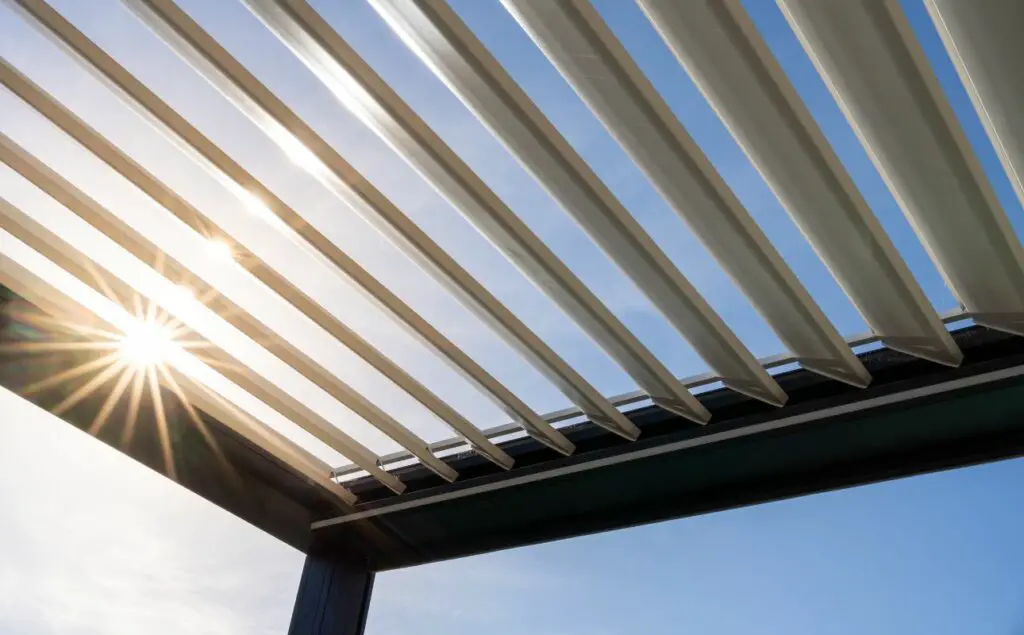
Understanding Steel Properties
Steel is a durable and versatile material used in various constructions, including pergolas. Its durability comes from its strength and ability to withstand harsh weather conditions.
Steel is not immune to corrosion or rusting, which can weaken the structure over time. Corrosion resistance depends on the type of steel used and the environment it’s exposed to.
Stainless steel contains chromium, which forms a protective layer when exposed to air, making it highly resistant to corrosion. On the other hand, carbon steel lacks this protective layer and requires additional coatings to prevent rusting.
Thus, understanding steel properties such as its durability and corrosion resistance is crucial for determining whether a steel pergola will rust over time.
Factors Contributing To Corrosion
Galvanized coatings can greatly reduce the risk of corrosion in steel pergolas. These coatings create a layer of zinc on the surface of the steel, providing a barrier against moisture and other environmental factors that contribute to rust formation.
Even with galvanized coatings, there are still several environmental factors that can increase the likelihood of corrosion. Exposure to saltwater or chemicals such as fertilizers can accelerate rust formation on steel surfaces. High humidity and temperature fluctuations can cause condensation to form on metal surfaces, which can promote rust development over time.
Despite these challenges, using proper maintenance techniques such as regular cleaning and reapplication of protective coatings can help prolong the lifespan of steel pergolas and prevent premature corrosion.
Types Of Rust And Their Effects
Rust is a common problem that affects steel pergolas. There are different types of rust, and each has its own unique effects on the longevity of the structure.
The most common type of rust is known as uniform corrosion, which occurs due to exposure to moisture and oxygen over an extended period. This results in a loss of material from the surface, leading to structural weakness and eventual failure.
Another type of rust is pitting corrosion, where small pits form on the surface of the metal due to localized damage caused by chemicals or physical abrasion. Pitting can also weaken the structure over time if left untreated.
Galvanic corrosion can occur when two dissimilar metals come into contact with one another in the presence of moisture or electrolytes, resulting in accelerated rusting. All forms of rust impact the longevity of steel pergolas and require proper maintenance to prevent further damage and ensure their durability over time.
Preventing Rust On Steel Pergolas
Rust is a common problem that steel pergolas face, but there are rust prevention methods that can be applied to avoid this issue.
One of the most effective ways to prevent rust on steel pergolas is through the use of protective coatings such as paint or powder coating. These types of coatings form a barrier between the steel and oxygen, which prevents moisture from penetrating the surface and causing rust.
Regular cleaning and maintenance can also help in preventing rust on steel pergolas. This includes removing any dirt or debris that may trap moisture against the surface of the steel. By implementing these preventive measures, it’s possible to keep your steel pergola free from rust for many years to come.
Maintenance And Repair Options
Maintaining and repairing steel pergolas is crucial in ensuring their longevity. Rust is a common issue that can affect the structural integrity of steel pergolas, especially if they are exposed to moisture or harsh weather conditions for prolonged periods.
DIY repair options include sanding off rust spots with fine-grit sandpaper, and applying rust remover solutions, primers, and metal paints. However, it’s essential to note that these repairs only address surface-level rust damage and may not be effective in preventing future rust formation.
Professional maintenance services provide comprehensive inspections to identify underlying issues such as corrosion or weakening of joints that require specialized repairs. They also apply protective coatings and sealants that prevent future rust formation while enhancing the overall durability of the structure.
The Bottom Line
Steel pergolas are a popular choice for homeowners seeking an outdoor structure that is both durable and aesthetically pleasing. However, the potential for rust can be a concern.
The lifespan of steel pergolas before rust becomes an issue varies depending on factors such as climate, weather conditions, and maintenance practices. Coatings and treatments can help prevent rust, but regular cleaning and upkeep are also essential.
Despite the risk of rust, steel remains a viable option for pergolas due to its strength and versatility. For those who prefer a material less prone to corrosion, alternatives such as aluminum or vinyl may be worth considering.
FAQ
How Long Do Steel Pergolas Typically Last Before Rust Becomes A Problem?
The lifespan of steel pergolas before rust becomes a problem depends on various factors such as the quality of materials, exposure to the elements, and maintenance. With proper maintenance, including periodic cleaning and the application of rust-resistant coatings, a steel pergola can last for several decades before rust becomes a significant issue.
Can The Type Of Climate Or Weather Conditions In A Particular Area Affect The Likelihood Of Rust On A Steel Pergola?
Yes, the type of climate or weather conditions in a particular area can affect the likelihood of rust on a steel pergola. Areas with high humidity, saltwater exposure, or frequent rainfall are more prone to rusting due to the increased moisture in the air. In contrast, areas with dry climates or low levels of moisture are less likely to experience rust.
Are There Any Special Coatings Or Treatments That Can Be Applied To Steel Pergolas To Prevent Rust?
Yes, there are special coatings and treatments that can be applied to steel pergolas to prevent rust. Rust-resistant coatings, such as zinc or powder coating, can be applied to the surface of the steel to protect it from exposure to moisture and oxygen. Regular cleaning and maintenance can also help prevent rust from developing on a steel pergola.
Are There Any Specific Cleaning Or Maintenance Routines That Should Be Followed To Keep A Steel Pergola Rust-Free?
Yes, to keep a steel pergola rust-free, it is important to follow specific cleaning and maintenance routines. Regular cleaning with mild soap and water can help remove dirt and debris that can contribute to rust. Applying a rust-inhibiting coating or treatment and inspecting for signs of rust or damage can also help prevent rust from developing and ensure the longevity of the pergola.
What Are Some Alternative Materials To Steel That Can Be Used For Pergolas That Are Less Prone To Rusting?
Some alternative materials to steel that can be used for pergolas and are less prone to rusting include aluminum, fibreglass, vinyl, and wood. These materials offer varying degrees of durability and resistance to the elements and can be customized to fit specific design preferences and needs.
